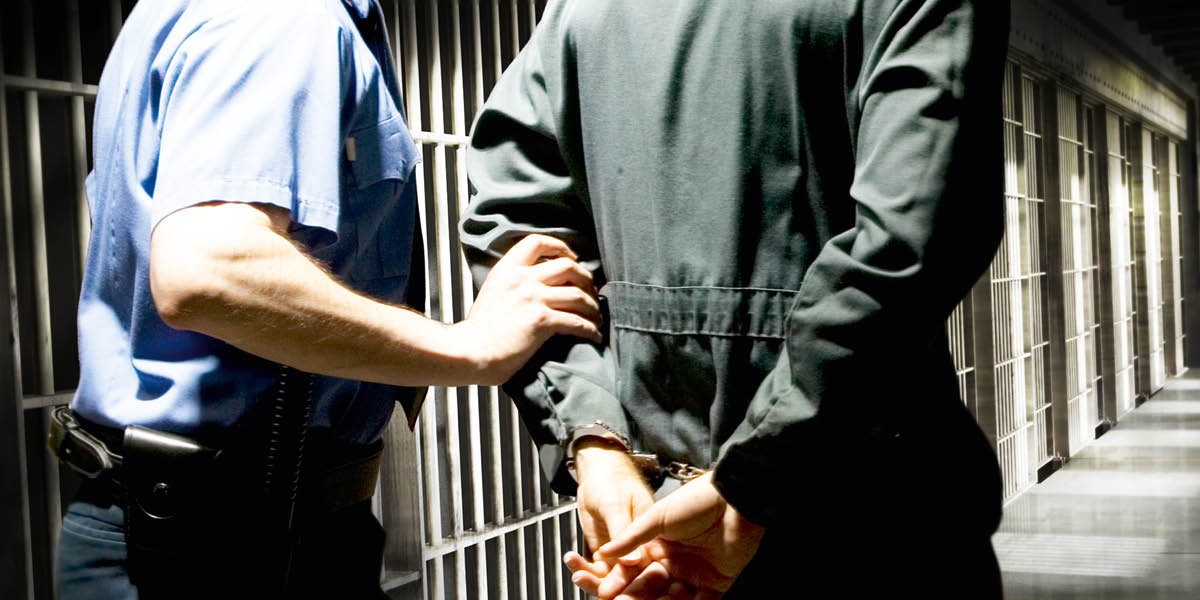The content displayed below is for educational and archival purposes only.
Unless stated otherwise, content is © Watch Tower Bible and Tract Society of Pennsylvania
You may be able to find the original on wol.jw.org

Imprisoned for Their Faith—South Korea
After a struggle spanning nearly seven decades, Jehovah’s Witnesses in South Korea rejoiced over the happy events of February 28, 2019. On that day the last of their fellow believers imprisoned for conscientious objection to military service was released. Jehovah’s Witnesses are grateful that South Korea’s judiciary now recognizes an individual’s right to conscientiously refuse military service and to have the option to accept alternative civilian service (ACS).
Nearly a year later, the Supreme Court began clearing its postponed cases on conscientious objection. On February 13, 2020, the Court acquitted 108 of Jehovah’s Witnesses, and on February 27, it acquitted 210 more Witnesses.
Implementation of Alternative Civilian Service
As for future conscientious objectors, the legislature passed the new law on ACS in December 2019. It intends to allow young Christian men who are conscientious objectors the opportunity to perform a service that can contribute to Korean society in a meaningful way. International standards on acceptable ACS programs require that ACS must be “civilian in nature” and not under military control or supervision. Further, the ACS program cannot be punitive in nature. This was highlighted in the decision by the Constitutional Court in June 2018, when it stated: “If the duration or severity of alternative service is excessive to the extent that even conscientious objectors find it difficult to perform such service, this would defeat the purpose of alternative service or degrade it to a mere form of punishment.”
On October 26, 2020, 63 Jehovah’s Witnesses accepted this form of service and began a three-year work assignment at one of two correctional facilities. However, the conditions under which the ACS is implemented are uncertain. The authorities are still determining to what extent the men will be permitted to leave the prison after hours to exercise their freedom of religion and participate in other activities.
At this time, it is also uncertain whether the current ACS program meets international standards. If the law allows for control or supervision by the military, or if the law is punitive, conscientious objectors who are Jehovah’s Witnesses would likely feel compelled to refuse this kind of ACS. On the other hand, if the ACS is not under the control and supervision of the military and is not punitive in nature, every individual conscientious objector who is one of Jehovah’s Witnesses will decide for himself whether to accept that service.
Time Line
-
Jin-seong Bang is released early on parole.
-
Jin-seong Bang begins his 18-month prison term.
-
Supreme Court acquits over 300 Witnesses; one Witness is found guilty.
-
South Korea’s legislature passes a law to provide for ACS.
-
The last Jehovah’s Witness serving a prison term is released.
-
Supreme Court decides conscientious objection is not a crime.
-
South Korea’s Constitutional Court declares absence of ACS unconstitutional.